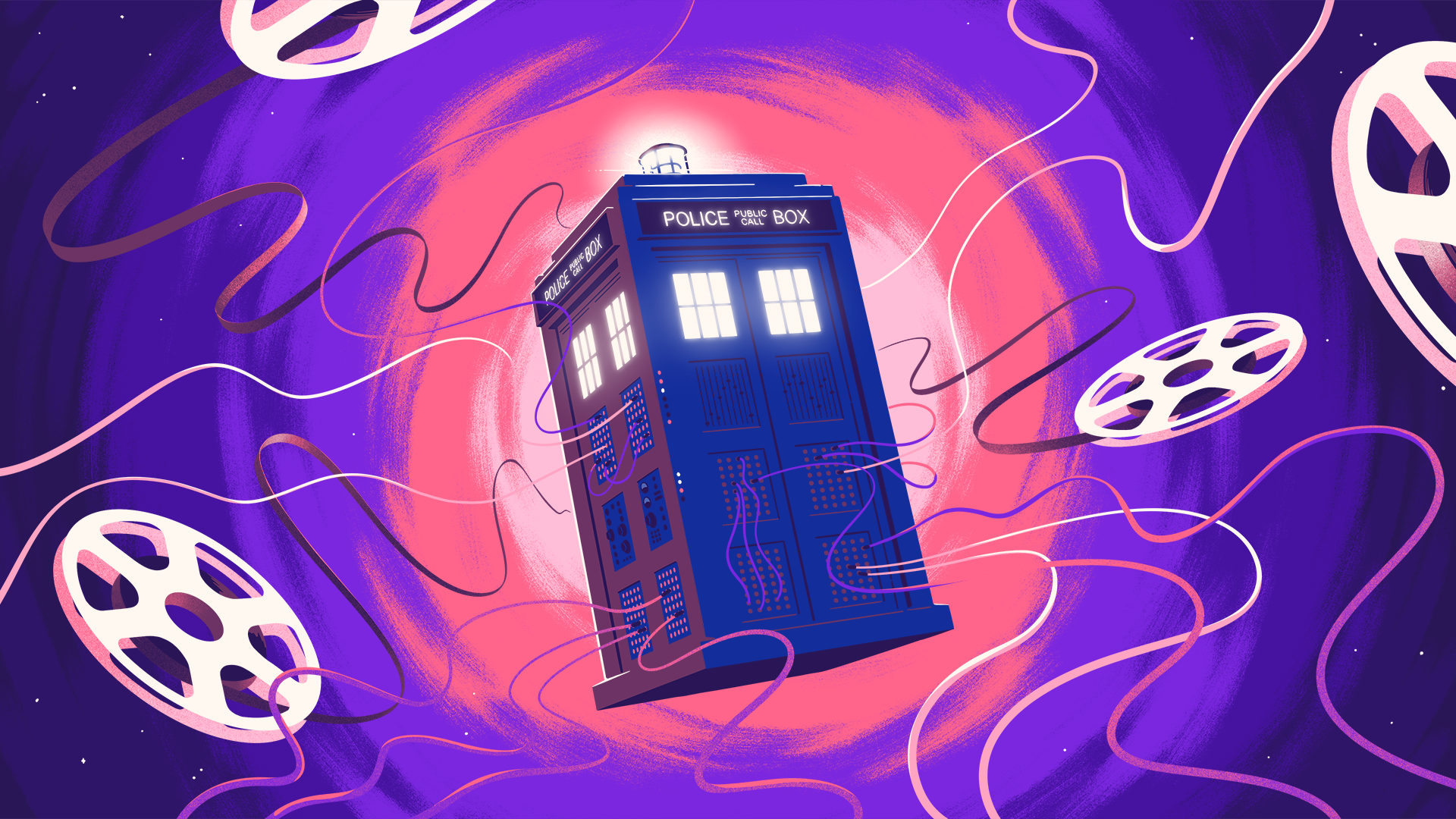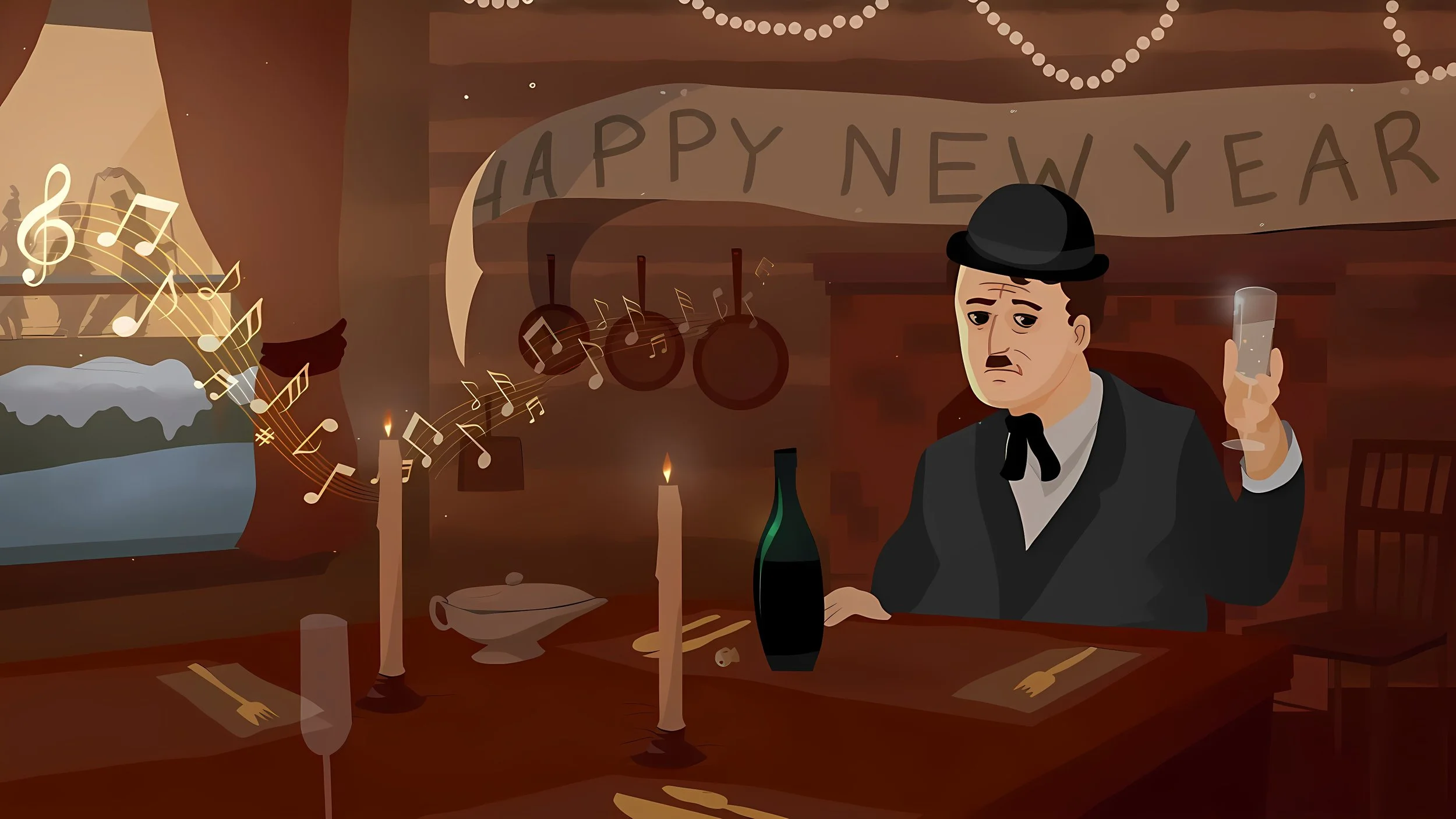Current Episode
Episodes list
What does a time machine sound like? Or a magic carpet? For the BBC Radiophonic Workshop, that was just another day at the office. For 40 years, this oddball collective of engineers and composers pushed the boundaries of sound design, crafting eerie atmospheres, quirky jingles, and the iconic audio of Doctor Who. In this episode, we explore the rise and fall of this pioneering studio with composer and archivist Mark Ayres, and uncover how these sonic wizards shaped the future of sound.
Episodes
Featured






























